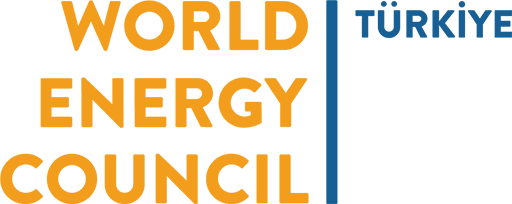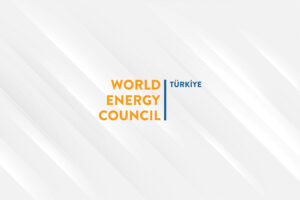2024 World Energy Issues Monitor Reveals Increasing Uncertainty and Extreme Polarisation Impeding Progression of Global Energy Agenda
The World Energy Council’s latest World Energy Issues Monitor report, “Redesigning Energy in 5D”, assesses the global energy agenda based on the collective expertise and views of nearly 1,800 energy leaders in over 100 countries. Leaders were surveyed in early 2024, following the conclusion of the COP 28 conference in Dubai. The report provides a unique snapshot of leaders’ perceptions of what’s driving energy and energy transitions worldwide.
Now in its 14th year, the 2024 edition shows that the risk of disorderly energy transitions, fuelled by a fragmented energy leadership landscape and with adverse societal consequences, is a key perception of uncertainty across almost all the issues leaders were asked to assess. Competing global and regional geopolitical agendas, the evolution of energy security concerns to encompass critical minerals and demand driven energy shocks and disruptions, and the varying regional nature of climate action priorities have converged to shape a distinctly uncertain path to achieving Net Zero and beyond.
The report reaffirms five critical global drivers of change – Decarbonisation programs, Digitalisation schemes, Disruption to the demand-side, Diversification of energy sources, and an increasingly Decentralised approach to energy systems – and how they shape energy transitions worldwide.
Dr Angela Wilkinson, Secretary General & CEO of the World Energy Council, said:
“While the direction towards zero emissions energy systems is clear, the journey to a sustainable future is fraught with challenges. This year’s World Energy Issues Monitor edition reflects global uncertainty about the collective ability to manage clean and inclusive energy transitions at speed and scale. The context of an increasingly fragmented energy leadership landscape and competitive geopolitics is exacerbating uncertainties.”
Commodity Prices were a key critical uncertainty across all regions of the world save for North America, with 34% of Europe respondents describing it as an area of very high uncertainty. Stakeholder coordination, notably around engaging diverse communities to form new energy ecosystems and pathfinding, remains a priority, with 50% of the respondents describing it as an area of high/very high impact. A third of respondents expressed that Risk to Peace is a very high uncertainty, of which 41% were from Europe and 26% from Asia.
Despite uncertainty around global collaboration, the report also demonstrates a prioritisation of equity and inclusivity. Energy leaders left COP 28 at the end of 2023 with a renewed mandate to scale up climate action before the end of the decade, with nearly 200 countries signing up to the UAE Consensus that recognised the need to transition away from fossil fuels “…in a just, orderly and equitable manner.”
Collaboration emerges as a critical design choice amidst these complexities. The interconnectedness of the 5Ds underscores the importance of engaging more people and diverse communities to accelerate energy transitions at the pace and scale required.
This year’s 26th World Energy Congress: Redesigning Energy for People and Planet, in Rotterdam, The Netherlands, on 22-25 April, will provide an opportunity to address leaders’ uncertainties, develop clear action pathways, and foster inclusive and impactful collaboration.
The survey also included two distinct groups: the World Energy Council Future Energy Leaders, comprising energy professionals under 35 years of age, and innovative start-up companies founded less than 10 years ago.



